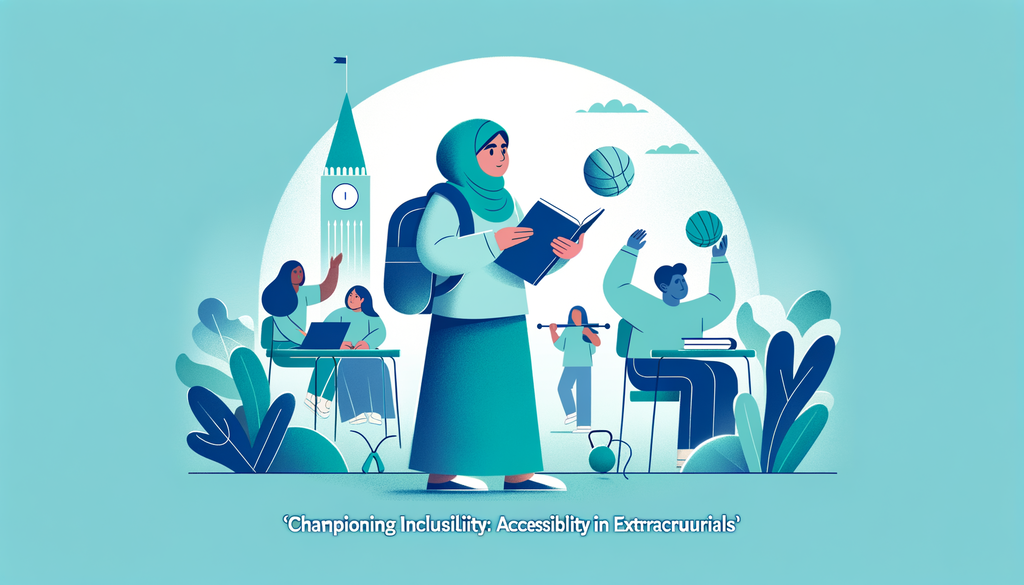Championing Inclusivity: Accessibility in Extracurriculars

In an inclusive society that celebrates diversity, every child should have the opportunity to participate fully in all aspects of life. This right extends beyond the classroom to extracurricular activities, where children learn social skills, develop their interests, and foster a sense of belonging. For children with special needs or those who are identified as gifted and talented, creating an accessible and inclusive environment can be a game-changer. In this blog, we will discuss how to ensure these children engage in extracurricular activities and reap their full benefits.
Understanding the Barriers
Several factors can prevent children with special needs from participating in extracurricular activities. Some of these challenges include physical accessibility, lack of aids or supportive technology, and communication methods that don’t cater to their specific needs. As for gifted children, they may feel out of place or lack sufficient challenges to sustain their interests in mainstream activities.
Fostering Accessibility in Activities
Tailoring each child’s experience can lead to successfully inclusive extracurricular activities.
-
Modified Programs: These adaptations can be as simple as adjusting the rules of a game or using equipment that caters to a child’s specific needs. For example, a differently-abled child might participate in a sports activity using modified equipment, or a gifted child could be given extension tasks in a club or society to ensure they feel intellectually stimulated (When Sports Meet Support: Athletics for Children with Special Needs).
-
Specialized Trainings for Leaders: The adults supervising an activity require training in interacting with and accommodating the specific needs of every child. For instance, they might need skills in managing meltdowns or interpreting non-verbal communication (Managing Meltdowns: Strategies for Parents; Visual Supports: Enhancing Communication for Non-Verbal Learners).
-
Mentorship Programs: Involving older or more experienced children in the mentorship of younger or less experienced kids can ease hyperactive children’s settling process and encourage exchange between gifted children and their peers.
-
Inclusive Play Spaces: Designing play areas that cater to children of all abilities can significantly enhance accessibility (Inclusive Recreation: Designing Play Spaces for All Abilities).
-
Parental Engagement: Parents can be excellent advocates for their child’s needs and can collaborate with organizers to ensure their child’s needs are met (From Playgrounds to Politics: Advocating for Your Gifted Child; Beyond Accommodations: Advocacy for Inclusive Education).
The Way Ahead
By ensuring accessible and inclusive extracurricular activities, we allow children with special needs and those with gifts and talents to experience a richer, more comprehensive childhood that values their uniqueness and integrity. This journey requires collaboration among parents, activity organizers, and broader social stakeholders, but the rewards - a society where every child is cherished and can thrive - are worth it. By working together, we can transform every leisure area, sports field, art room, and club into a champion of inclusivity.